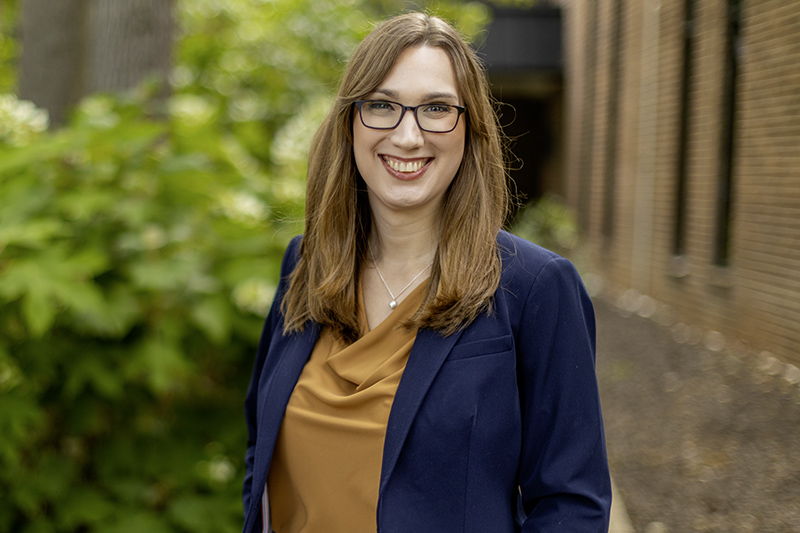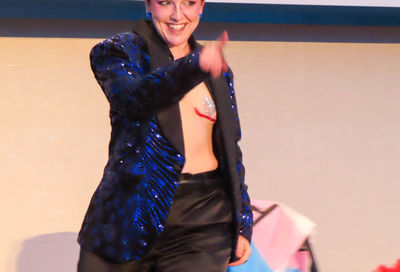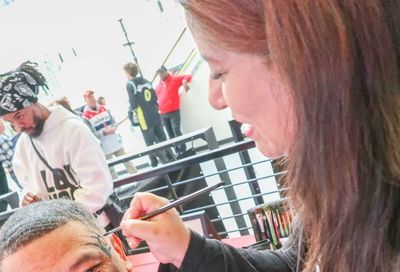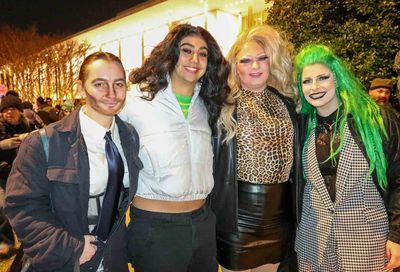California School Board Erases Harvey Milk from Curriculum
The Temecula Valley Unified School District rejected a social studies textbook mentioning gay rights icon Harvey Milk, whom the school board’s president called a "pedophile."

Last month, the board of the Temecula Valley Unified School District voted to block a social studies textbook whose supplemental resources mention gay civil rights activist and politician Harvey Milk as a historical figure of note, with the president of the conservative-leaning board calling the former San Francisco Supervisor a “pedophile.”
The textbook, titled Social Studies Alive, was recommended to be approved for students in first through fifth grades. Although the textbook itself doesn’t mention Milk, the board’s conservative Christian majority – which took power during the 2022 midterms – objected to a supplemental reading package mentioning Milk that accompanies the textbook.
Milk, a U.S. Naval veteran, was one of the first openly gay candidates elected to public office. While serving on the San Francisco Board of Supervisors in 1978, a political colleague, former Supervisor Dan White, shot him and Mayor George Moscone to death at City Hall.
Milk became an icon not only because of his historic electoral success, but due to his activism fighting against anti-gay ballot measures, like the 1978 Briggs Initiative – which sought to ban openly gay men and women from working in California’s public schools. He was posthumously awarded the Presidential Medal of Freedom in 2009 and had a Naval ship named after him in 2021.
During the 3-2 vote against adopting the textbook on May 16, School Board President Joseph Komrosky called into question why Milk should even be included in historical or social studies classes.
“My question is why even mention a pedophile?” asked Komrosky. “What does that got to do with our curriculum in schools. That’s a form of activism.”
LGBTQ advocates have balked at Komrosky’s claim, arguing it employs decades-old stereotypes of gay men as predators, which have subsequently been used to argue for passage of anti-gay laws and to legitimize persecution against out LGBTQ people.
A spokesperson for Equality California, an LGBTQ advocacy group, told The Press-Enterprise that Komrosky’s comments about Milk are “unsubstantiated” and “absurd,” rejecting any such idea.
“That’s the most disgusting claim we’ve heard in the last few months, and they should be ashamed,” said spokesman Jorge Reyes Salinas.
A decade ago, California lawmakers passed a law to allow teachers to reference contributions made by people with disabilities and members of the LGBTQ community in history and social studies curriculum. But the California Board of Education doesn’t provide a state-mandated curriculum, only guidelines for how teachers may wish to broach historical LGBTQ figures and members of other historically marginalized populations. Instead, individual school boards are allowed to exercise their own discretion as to whether or not they will follow the guidelines or adopt similar lesson plans.
Prior to being introduced to the school board, Social Studies Alive was tested by 47 teachers across all grades within Temecula, who all found the book and its supplemental materials were neither inappropriate nor sexually explicit, and, more importantly, satisfied state educational requirements for elementary social studies courses. Yet despite overwhelming evidence that the textbook is age-appropriate, the school board overruled its own teachers.
Located inland between Los Angeles and San Diego, Temecula is one of a growing number of school districts across the country where a conservative school board has sought to censor or erase parts of LGBTQ history. Several other state legislatures have passed so-called “Don’t Say Gay” laws that prohibit any LGBTQ-related content from being referenced in elementary and middle schools, and severely limit how such topics can be broached in select classes – such as biology or sexual education. Those laws are not specific on whether LGBTQ historical figures may be mentioned in high school social studies or history classes.
Following the May 16 vote in Temecula, teachers and parents gathered outside the school board meeting in support of Milk and the textbook. They plan to lead another rally outside the next school board meeting on June 13.
An online petition calling for the resignation of two school board members, including the Komrosky, and the censure of a third member, is gaining popularity. The petition started as a response to the school board’s December 2022 vote to ban “critical race theory” – a term that typically refers to a college level analysis of racial issues, but has, in recent years, become a buzzword among right-leaning politicians for any discussions that reference or acknowledge racial disparities or historical discrimination against certain populations.
The petition was created by the One Temecula Valley Political Action Committee, a community activist organization dedicated to the Temecula Valley area.
Support Metro Weekly’s Journalism
These are challenging times for news organizations. And yet it’s crucial we stay active and provide vital resources and information to both our local readers and the world. So won’t you please take a moment and consider supporting Metro Weekly with a membership? For as little as $5 a month, you can help ensure Metro Weekly magazine and MetroWeekly.com remain free, viable resources as we provide the best, most diverse, culturally-resonant LGBTQ coverage in both the D.C. region and around the world. Memberships come with exclusive perks and discounts, your own personal digital delivery of each week’s magazine (and an archive), access to our Member's Lounge when it launches this fall, and exclusive members-only items like Metro Weekly Membership Mugs and Tote Bags! Check out all our membership levels here and please join us today!
























You must be logged in to post a comment.